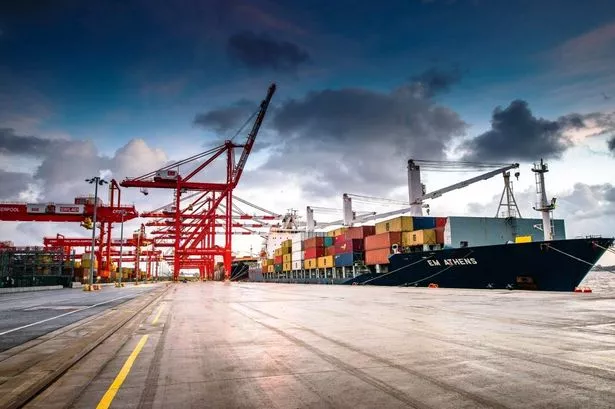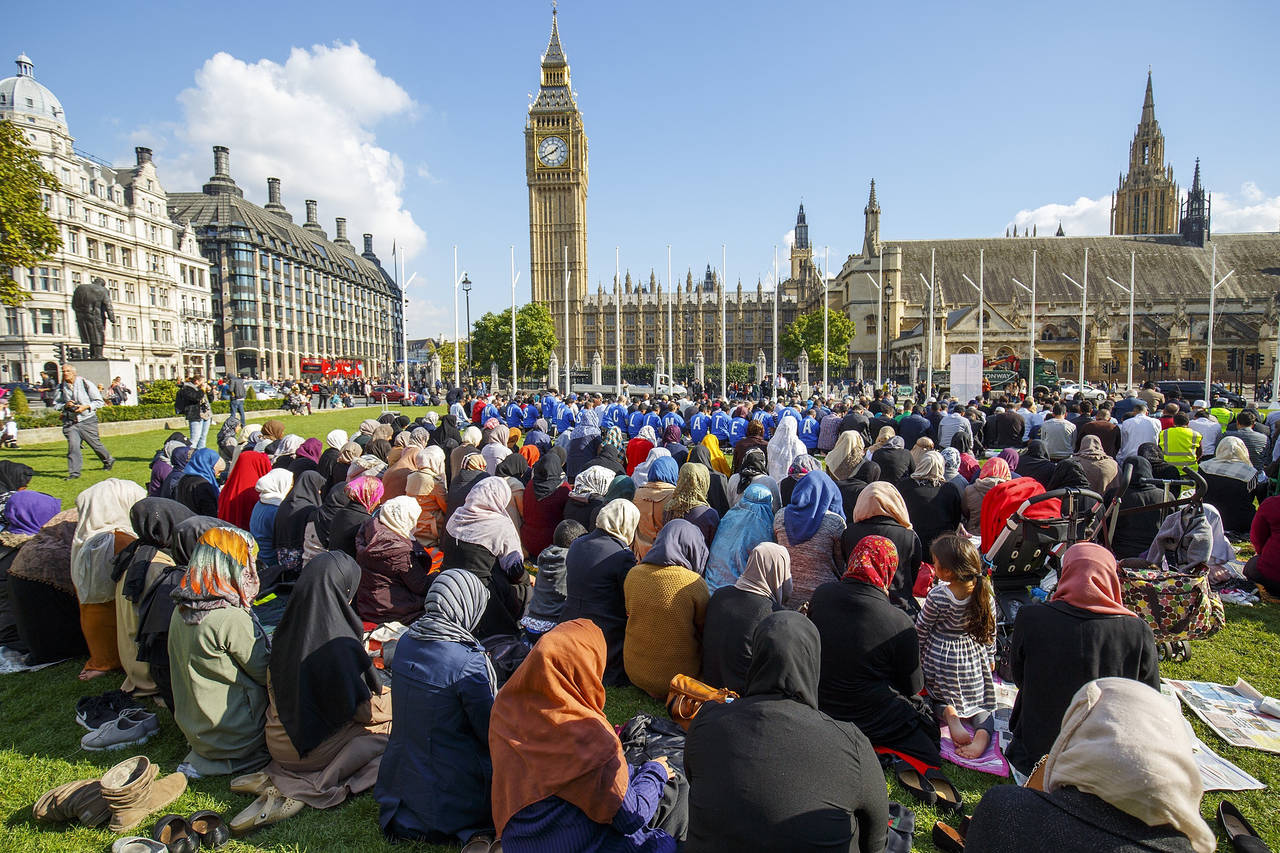The UK will announce five new freeports and an investment zone in next week’s Budget as part of a strategy to stimulate economic growth.
Prime Minister Sir Keir Starmer emphasized that this initiative aims to create thousands of jobs and enhance trade within the UK. In an interview with the BBC, he noted that while freeports—designated low-tax zones—have faced criticism for not significantly increasing overall job numbers, they are “working well.” He believes that with greater involvement from local businesses and politicians, their effectiveness could improve.
Sir Keir acknowledged that freeports were introduced by the previous Conservative government but stated he does not wish to dismiss them solely for ideological reasons. Instead, he called for enhancements, including “better structures and more local authority involvement.”
### What Are Freeports?
Freeports are designated areas near shipping ports or airports where imported goods are exempt from certain taxes, known as tariffs, typically owed to the UK government. Companies operating within these zones benefit from reduced national insurance contributions for new employees and lower property taxes. The goal is to stimulate economic activities such as trade, investment, and job creation. Freeport manufacturers only incur tariffs on finished products when they leave the site for other parts of the UK, while imported goods can be re-exported abroad without incurring UK duties.
Freeports are located around various ports, including those in Inverness, the Forth, Teesside, the Humber, Liverpool, Anglesey, Milford Haven, Plymouth, the Solent, the Thames, and Felixstowe and Harwich. There is also a freeport near East Midlands Airport that covers portions of Leicester, Derby, and Nottingham.
Critics argue that freeports merely relocate economic activity and jobs from one region to another, rather than generating new opportunities. Sir Keir responded by stating that adjustments are necessary to ensure freeports operate effectively on their own merits. He expressed Labour’s intention to develop growth plans for every area, involving mayors, local authorities, and businesses, to ensure that freeports are not the sole source of jobs and investment in a region.
Additionally, he highlighted the importance of a new investment zone in the East Midlands, focused on promoting high-tech green industries. Currently, there are two investment zones in the UK, which provide specific local areas with financial incentives to attract businesses.
“These zones attract investment and can create tens of thousands of well-paid jobs, so this is positive news,” Sir Keir remarked, adding that economic growth is the “number one mission” of his government.
However, the Office for Budget Responsibility, which monitors government finances, predicted in 2021 that tax breaks in England’s freeports would cost the UK government £50 million annually. Historical evidence suggests that their primary impact may be the relocation of economic activity rather than its expansion.
Concerns have also been raised internationally about freeports being associated with organized crime, money laundering, smuggling, and low wages, as argued by the Scottish Greens in 2023. Nonetheless, the government claims that UK freeports have attracted £2.9 billion in investment and created an estimated 6,000 jobs.
The UK has committed to creating thousands of new jobs through its freeports initiative.




